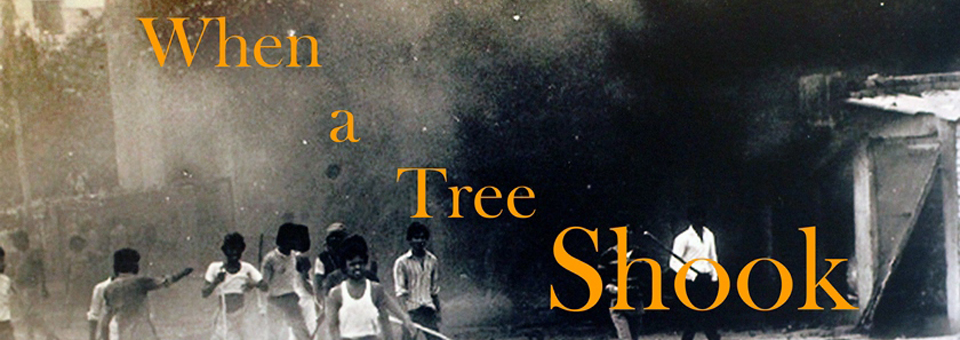A new book published last week titled ‘Undercover’ claims to reveal decades of Police and State infiltration of British activist groups. Investigative journalists Paul Lewis and Rob Evans detail how a clandestine unit of special officers spent years monitoring British ‘subversives’ – environmental activists, anti-racist groups, animal rights campaigners etc. – and not only reported back what they heard and saw, but may have engaged in criminal behaviour whilst incognito. The extent of the revelations has been met with shock in the UK, but not everyone is surprised to hear what they already suspected.
The most prominent case of Police infiltration identified in the book is of an officer from the London Metropolitan Police Service’s Special Demonstration Squad who assumed a false identity and coerced his way into the ranks of environmental campaigners Greenpeace. Bob Lambert (or Bob Robinson as he was known) went to great lengths to enhance his credibility including initiating long-term intimate relationships with female activists before disappearing never to be seen again. One such relationship was with Helen Steel, a co-defendant from the infamous McLibel legal case; there is a suggestion that Lambert might have been one of those who drafted the anti-McDonalds flyer that was at the heart of the case and for which the accused were found guilty.
Activist groups of all kinds are well aware in this day and age that they might be monitored by the State, no matter how legal and peaceful their activities are. It is a sign of the times that those tasked with protecting our liberty are increasingly fearful of the knowledge that is freely available to the common citizen on the internet and the capabilities that provides. But these specific allegations date back decades where special officers were conning their way into the inner circles of groups whose achievements included canvassing the public with leaflets and demonstrating on the streets of the capital. Were such covert operations necessary? Moreover, if that’s what was being done in an era without modern telecommunications, just what level of State observation is being carried out today?
I am certain that in the 1980s, Sikh activists in the UK were routinely infiltrated by individuals from a range of countries and agencies, including British Police officers. Harjit Singh, a University lecturer now deceased who I had the pleasure of studying some of my Law modules under, once shared with me that in his role as a legal advisor to a popular national body of Sikh activists, they were certain that British Police officers were working within their midst, although he stopped short of providing me further details. From my own familial and personal experiences of the era, I would not be surprised at all; I can still recall being at the Singh Sabha Gurdwara in Southall in the late 1980s when control of the largest Gurdwara outside of the Punjab was wrested away by groups who had State support. It does not take a great leap of the imagination to consider that some of this support had been working away within the Panth for some time before this.
Interestingly enough, the outed ex-Police undercover officer Bob Lambert is today a lecturer in Terrorism Studies at the University of St Andrews and co-Director of the European Muslim Research Centre in the Department of Politics at Exeter University. Perhaps this is indicative of the mode which modern State and Police infiltration is taking. The work of think tanks, NGOs and academic research units should always be treated with scrutiny purely because that is the nature of what happens when you publish, but perhaps we should be more vigilant in ascertaining the background of those doing the work and also asking who precisely is funding these institutions. Lambert is a decorated commentator on terrorist matters whose opinion is sought by policy makers, but if these allegations are accurate it brings into question whether his is a position that can ever be trusted.
As a Sikh, the revelations of ‘Undercover’ will not change the way in which I work and live because I instinctively look to analyse everything that happens around me. As the Guru instructed, my role as a Sikh is to consume information and come to better understand it through discourse; examining the course of actions fellow Sikhs take on matters of great importance is something that I am always trying to do and largely it has served me well, steering me clear of the ne’er-do-wells who operate in our midst. But perhaps the real message of this book for activists of all types (myself included) is to ensure that our voices are not quashed and our principles are not corrupted by others. The inspirational Dave Morris, the other co-defendant from the McLibel case surmised:
“We now know that other shadowy forces were also trying to undermine our efforts in the most disgusting, but ultimately futile ways. All over the world police and secret agents infiltrate opposition movements in order to protect the rich and powerful but as we have seen in so many countries recently people power and the pursuit of truth and justice is unstoppable, even faced with the most repressive and unacceptable Stasi-like tactics.”





